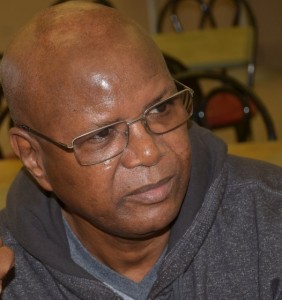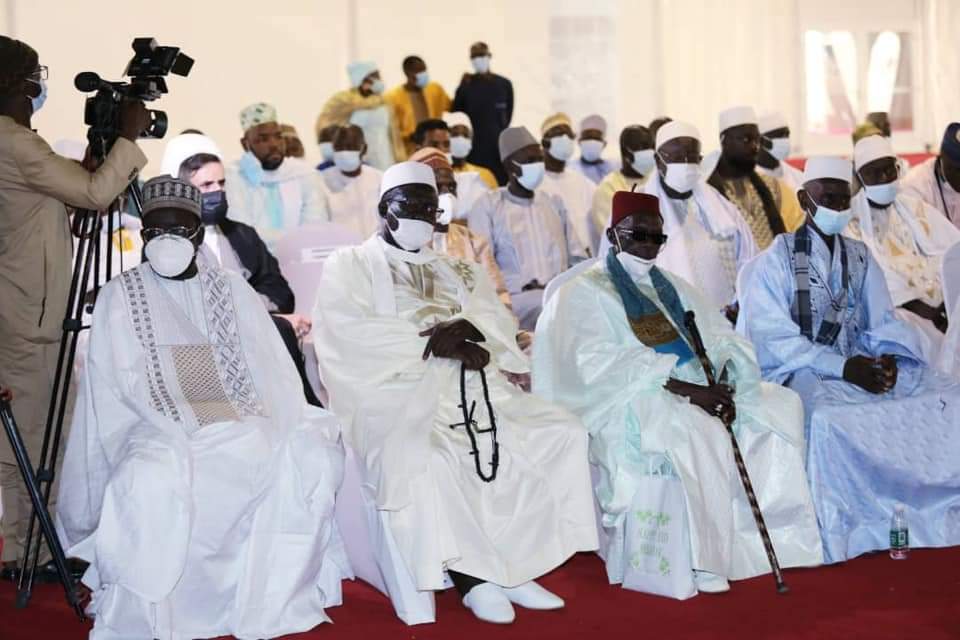 The idea of the “Banjul Muslim Elders” calling on the head of state after every Koriteh prayers may not be bad, but certainly, its focus and format needs to change if it is to reflect the reality of the present era. We should not be calling for a New Gambia and yet continue to cling on to such archaic practices that have very little significance to our present day reality.
The idea of the “Banjul Muslim Elders” calling on the head of state after every Koriteh prayers may not be bad, but certainly, its focus and format needs to change if it is to reflect the reality of the present era. We should not be calling for a New Gambia and yet continue to cling on to such archaic practices that have very little significance to our present day reality.
The idea emanated from the colonial era when almost everything was then so centralized that Banjul was the epicenter of every aspect of administrative activity of this country.
Therefore, the people of Banjul, who had claimed to represent the wishes and aspirations of the whole country, saw it as an avenue to influence the colonial government in order to access certain privileges and facilities. This was especially true for the Muslim majority, who were then quite marginalized in favour of the minority Christians, who also happen to have been better connected to the colonial administration by virtue of them being better educated.
It was quite obvious that the people up-country were then pre-occupied with other more pressing bread and butter issues than demanding rights to education and representation in government. That void therefore had to be filled by the people of Banjul, using the occasion to appeal for more social amenities and inclusiveness in the administration.
However, with the realities of the New Gambia, the practice has become quite moribund and out of place in our present social set-up. Indeed, in its present format, there is hardly any difference with what happens during the usual frequent mobilization of ethno-linguistic groups to go to State House to pledge allegiance to President Adama Barrow. In fact, if we can recall that a delegation from Banjul that recently called on President Barrow to pledge allegiance to him and thank him for the rehabilitation work he was doing in the city, was virtually the same group of people that comprised the Banjul Muslim Elders, and even their speeches were quite similar.
We have seen that during the Jammeh regime, Babili Mansa used such occasions to intimidate the traditional and religious leaders in order to get them to support his socio-political agenda. While President Barrow has not been using such crude methods, but the objectives are quite similar, which is to use the occasion to endear himself to them and cultivate support for his political agenda. This is especially relevant for his attempt to cling on to power in this election year.
Another feature of the occasion that needs drastic change is no doubt the complete disregard for the women of Banjul as if none of them are qualified to be classified as elders of the city. We had seen, for instance, even though both Vice President Isatou Touray and Mayor Rohey Lowe were nominally present at the occasion on Thursday, but none of them was given the opportunity to address the gathering, as if it was an all-male affair. It certainly did not make much sense that the Mayor of Banjul was completely ignored in an occasion purportedly organized for the elders of the city. If the mayor is not regarded as one of the elders, then one would wonder who would be, unless if only men qualify for such an accolade.












